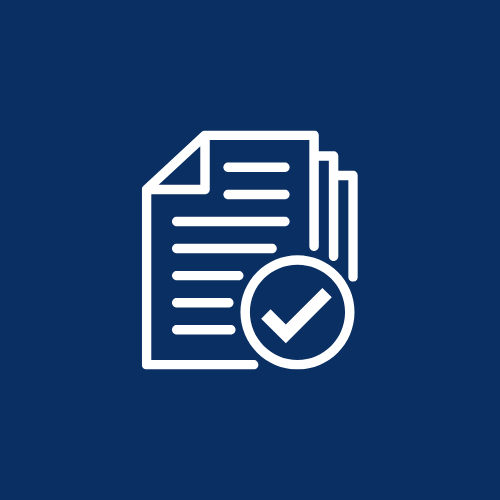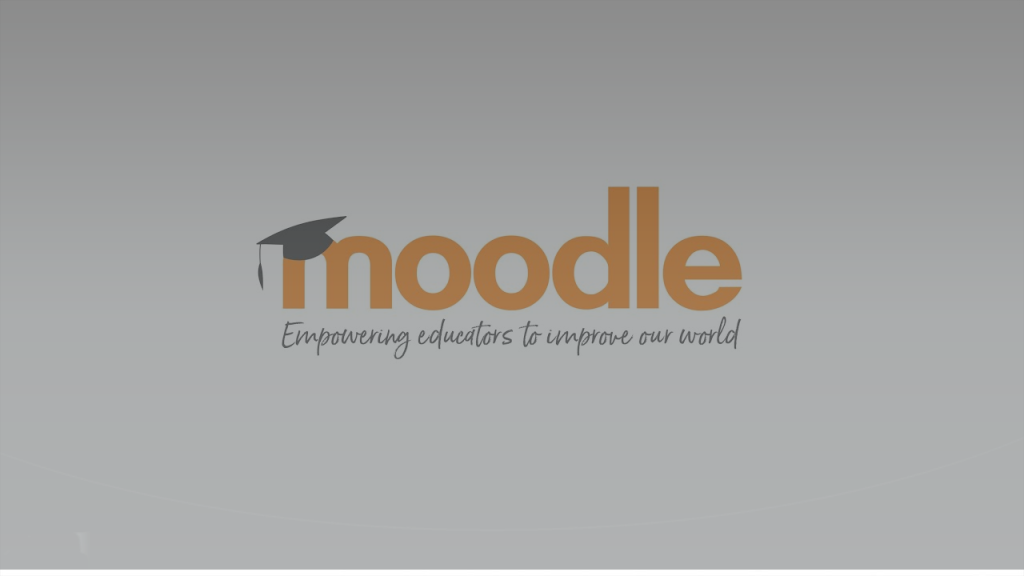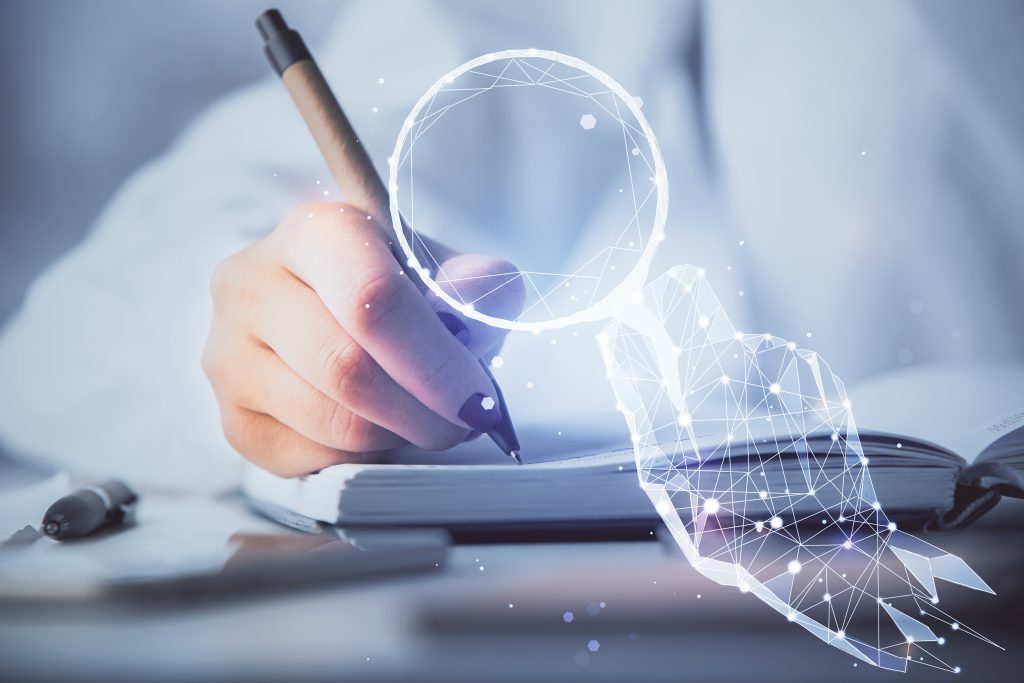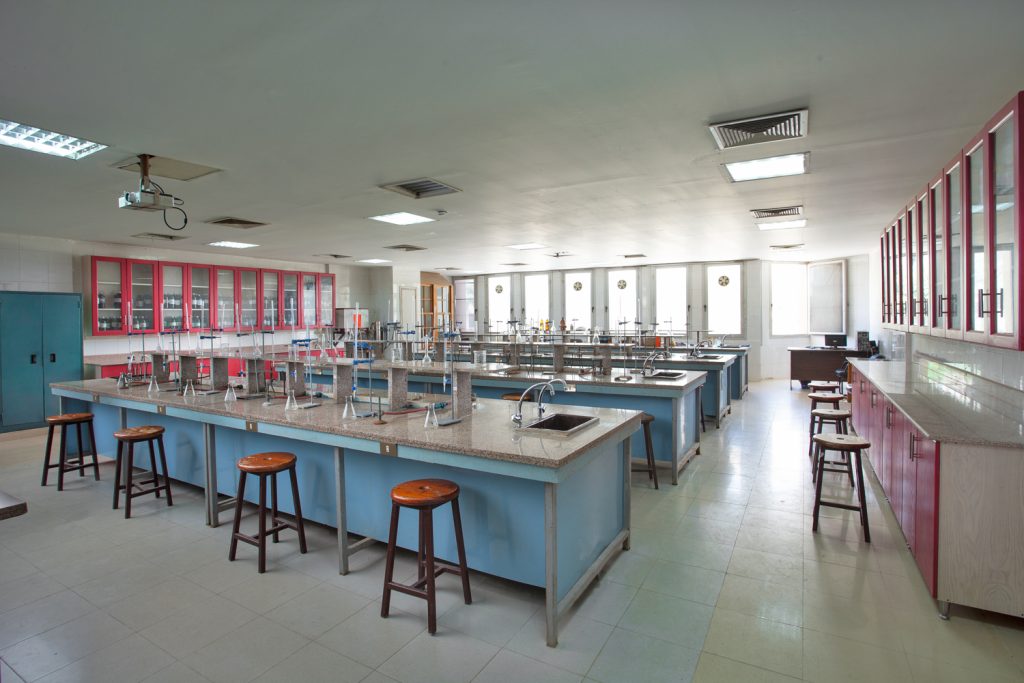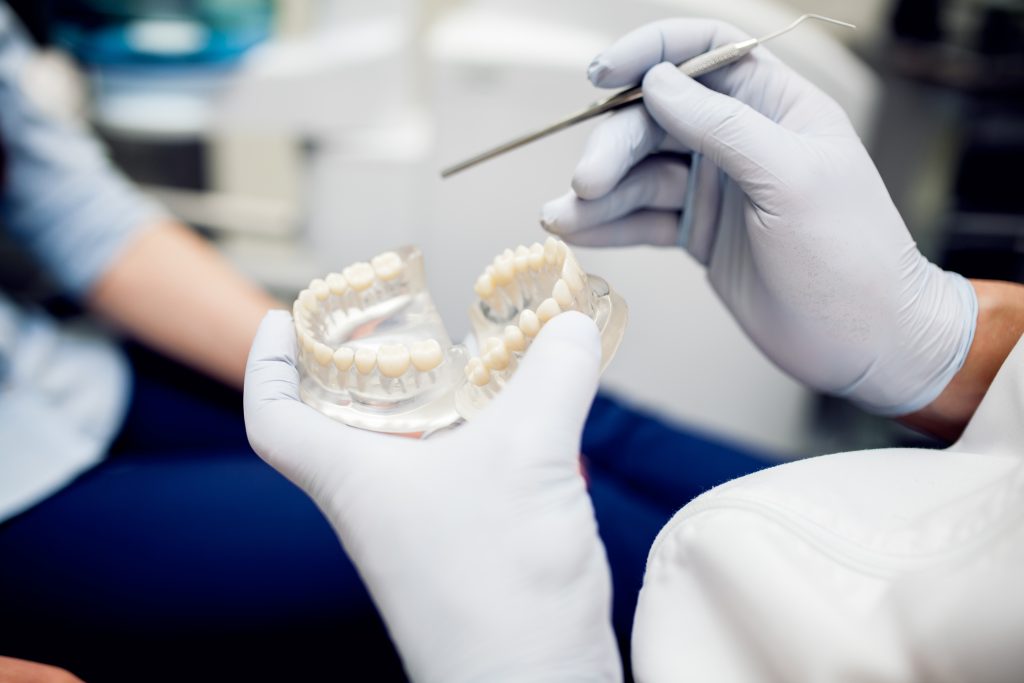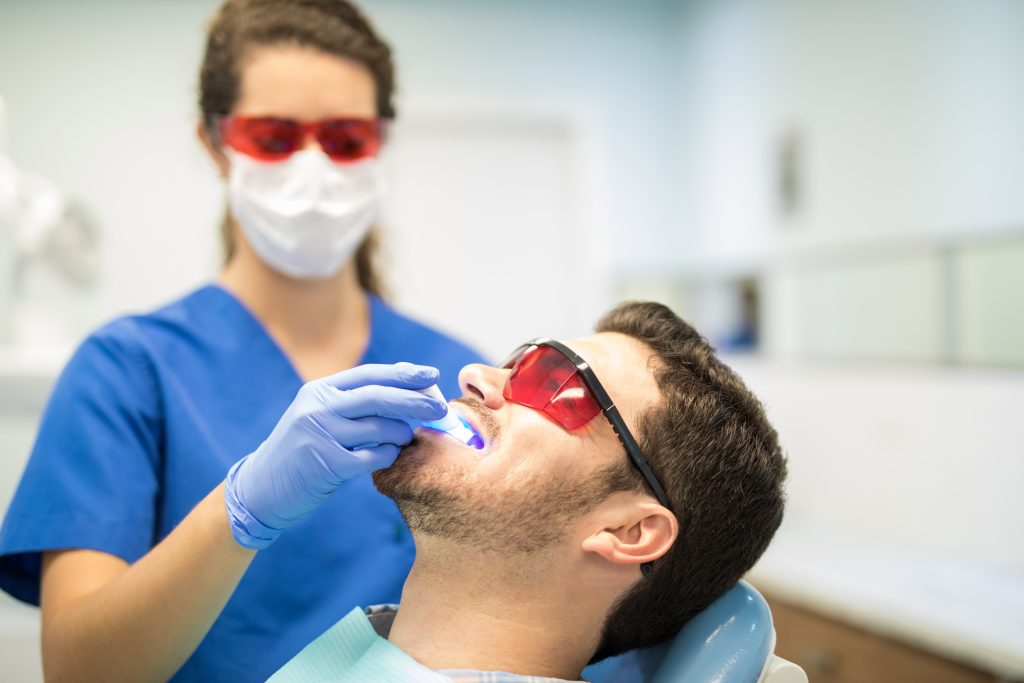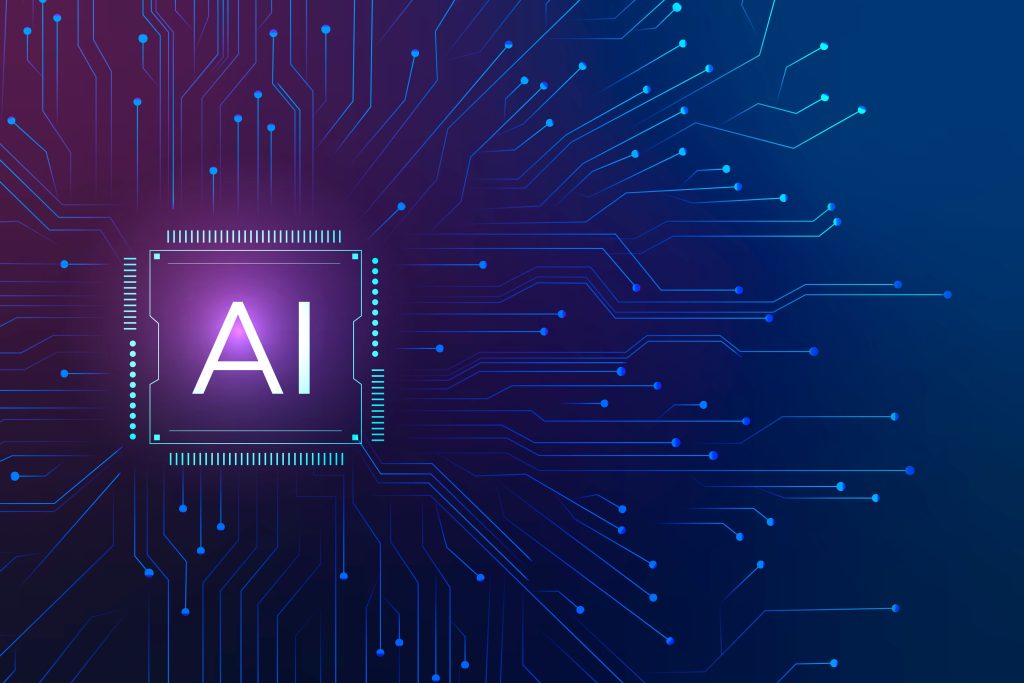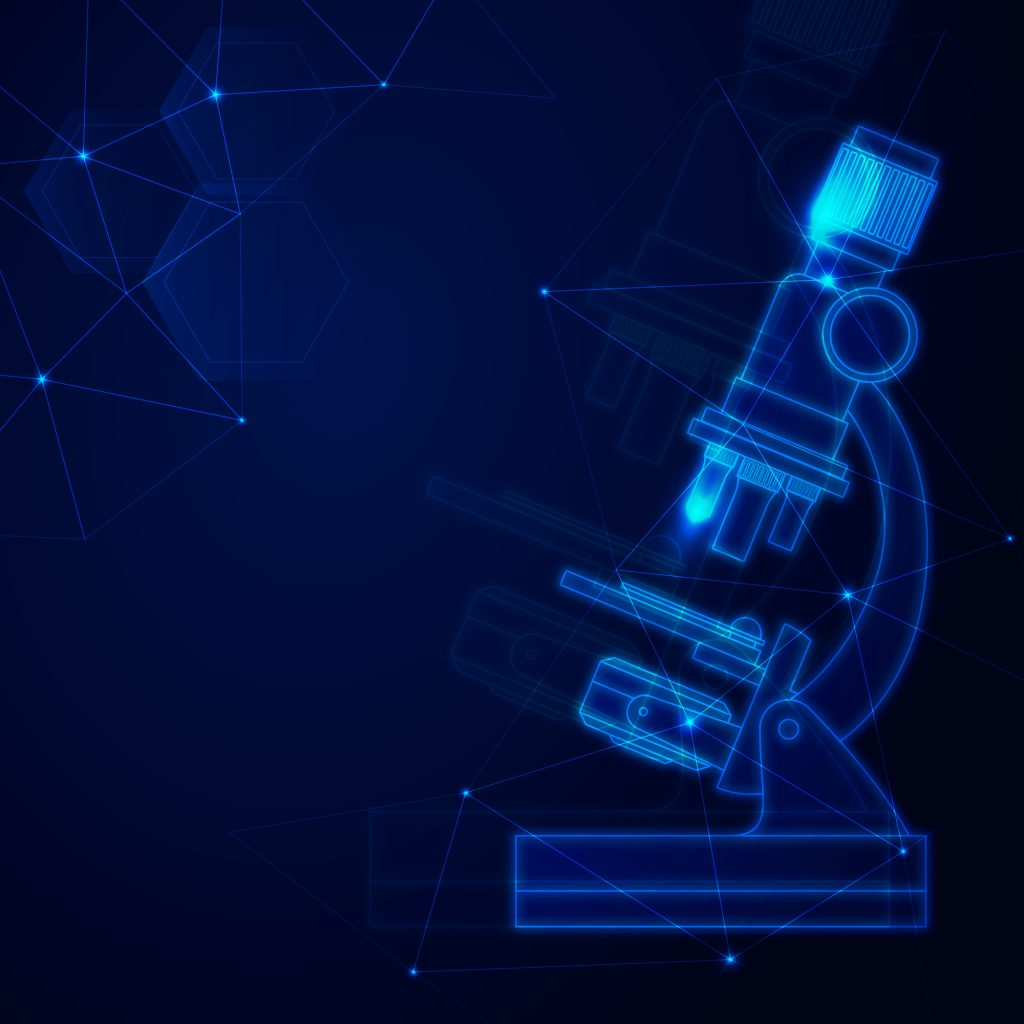About CBS
Introduction
By basic sciences we mean the group of sciences which furnish the basis for all scientific disciplines, i.e. which lie in their inner core. They are in the first place, the mathematical sciences along with statistics, physics, chemistry and the biological sciences. One task of the CBS is to supervise their teaching, coordinate their courses and finally to promote research in these areas.
Applied sciences like medicine, engineering, pharmacy, etc…are concerned with the practical application of scientific or empirical knowledge in order to cure or solve a real-world problem.
A thorough acquisition of basic sciences secures therefore a successful implementation of scientific knowledge. This is because basic sciences constitute the first strata or step necessary for the development of the student’s capabilities. A student with poor basic knowledge will not be able to handle practical problems which rely mostly on the basic knowledge. On the other hand, a student knowledgeable in basic sciences can easily master new information pouring in continuously and can well adapt this information to solve problems more efficiently.
Since particular attention is given nowadays to the investigation of down-to-earth subjects, e.g. air pollution, warming, environmental protection, energy conservation, etc… One purpose of the CBS is to foster interest in these areas by proposing new suitably designed courses to be injected into the present university curricula. This will eventually enrich the present educational curricula by calling upon the students to acquire a sense of awareness of the world current research interest.
Some of our fresh students, when joining the university, do not master the necessary scientific basis needed to help them pursue their study without due difficulties. To let them become integrated into the university ongoing system without feeling or exhibiting an abrupt jump, the CBS will offer to them prerequisite courses in order to strengthen their academic level.
To enhance the role of research inside the university is one of the main aims of the CBS. It is well known that MUST possesses an advanced research centre with dear equipment to which is affiliated a team of technical expertise. Any university staff member who conducts experimental research within the centre can seek consultancy and advice from the part of CBS It is worth mentioning that this central research laboratory is responsible for the operation, maintenance and the upgrading of most of MUST laboratory facilities.
College Education System
Being a part of MUST, all the courses offered by the centre follow the credit-hour system. Two semesters are offered in each academic year along with a summer session. The duration of each semester is fifteen weeks in average in addition to two weeks for final examinations. Also an optional 8-week summer session is offered in which the CBS shall try to negotiate the offerings of these courses as they constitute a double load for the staff.
In general, one credit-hour corresponds to a one-hour lecture per week or two/three tutorial/laboratory sessions per week if not otherwise specified by the degree plan. In principle, the CBS doesn’t insist on offering a certain course at any semester, provided it complies with the minimum prerequisites needed. So the system is flexible in this sense in that it allows for an increase or decrease in the load assigned to a student. If the student is about to graduate, then the CBS shall be prepared to offer him courses which would fill his gaps. Still the CBS cannot in general cater for all its courses at any one time considering its huge number (170 credits) and the limited number of staff available. This should not in any case violate the maximum load permitted to the student as set forth by the college rules and compatible with the student’s GPA and after the approval of the Dean of Admission and Registration as well as the College Dean.
Center of Basic Sciences "CBS"
The academic supervision as well as advising is performed in the college by the staff members of the CBS as part of their duties inside each corresponding college. The staff member pertaining to a college will be assigned as an academic advisor to a group of students in the college to help them in their registration and to guide them in their course of study. He will also help assist them in relevant scientific or academic problems.
- A student wishing to study a particular course will register the course inside the college and at the prescribed time set in the University Calendar after consulting his academic advisor. Registration must be fully completed before a student may attend any classes.
- A student is permitted – only with an accepted reason – to register up to one week after the registration deadline with the permission of the Dean of Admission and Registration and the College Dean. Adding or dropping a course is done within the period announced in the timetable of each semester, as long as the student’s workload remains within the permissible load limits.
- The student has the right to withdraw from any course in an academic semester within the withdrawal period announced in the academic calendar for that semester. He will be considered to have failed if he withdraws after the prescribed period, unless he has valid reasons which are found acceptable by his advisor, the college Dean and the Dean of Admission and Registration
- It is permitted to delay the grade of the final examination of a course due to the non-completion of its requirements and with the permission of the instructor, the academic advisor, and the College Dean. This delay should not in any way exceed more than one semester excluding the summer term. In consequence, the student shall acquire a grade “I” that does not influence his final score. But if this delay lasts more than one semester, the grade will be considered as “F”.
Students are requested to attend at least 75% of the total number of lectures and practical classes. A student failing to meet this requirement in any of the courses will not be allowed to attend the final examination and his grade will be considered as “F”.
A student who is absent during the final examination of a course will not be given a makeup examination except for a valid reason accepted by the concerned department council based upon his instructor’s assessment and approved by the Dean of the College and the Dean of Admission and Registration.
1. College of Engineering (39 Credits)
Course Code Course // Title Credit Hours
MATH 099/101 Calculus I 3
MATH 102 Calculus II 3
MATH 201 Vector algebra and calculus III
MATH 202 Linear algebra and Differential equations 3
MATH 301 Engineering Probability and Statistics 3
MATH 302 Numerical Analysis 3
PHY 101 Physics I 3
PHY 102 Physics II 3
PHY 201 Physics III 3
CHEM 101 Chemistry 3
BME 201 Biology I (Old Program) 3
BME 202 Biology II (Old Program) 3
BME 200 Biology (New Program) 3
2. College of Pharmacy (25 Credits) Course Code Course // Title Credit Hours MATH 101 Principle of Mathematics (Old Program) 3
MATH 101 Pharmaceutical calculations and
statistical applications 2
PHYS 101 Physics I (Old Program) 4
PHYS 102 Physics II (Old Program) 4
CHEM 101(PHCM 101)
General & Physical Chemistry 3
CHEM 102 General & Analytical Chemistry 3
CHEM 103 (PHCM 111)
Basic Organic Chemistry 3
ZOOL 101 General Zoology (Old Program) 3
3. College of Information Technology (21 Credits)
Course Code Course // Title Credit Hours MATH 101 Calculus I (Principles of Mathematics) 3
MATH 102 Calculus II 3
MATH 241 Linear algebra 3
MATH 251 Discrete Mathematics 3
MATH 301 Applied Probability and Statistics 3
PHY 101 Physics I 3
PHY 102 Physics II 3
4. College of Dentistry (23 Credits)
Course Code Course // Title Credit Hours BSTAT 102 Biostatistics 1
PHYS 101 Physics I 3
PHYS 102 Physics II 3
GCHEM 101 General Chemistry 4
OCHEM 102 Organic Chemistry 4
BIOL 101 Cell Biology 2
BIOL 102 Animal Physiology 3
BOTGEN 102 Botany & Genetics 3
5. College of Biotechnology (21 Credits)
Course Code Course // Title Credit Hours MATH 101 Principles of Mathematics 3
PHYS 101 General Physics 3
BPHY 201 Biophysics 3
GCHEM 101 General Chemistry 3
OCHEM 102 Organic Chemistry 3
BIOL 101 General Biology I 3
BIOL 102 General Biology II 3
6. College of Business (11 Credits)
Course Code Course // Title Credit Hours MATH 101 Principles of Mathematics 3
STS 201 Descriptive Statistics 4
STS 401 Advanced Statistics 4
7. College of Applied Medical Sciences (23 Credits)
Course Code Course // Title Credit Hours LAB 206 Pre-Calculus 2
BIOST 302 Biostatistics 2
RIT 301 Physics & instrumentation I 5
RIT 305 Physics & instrumentation II 5
BIOPHY 401 Biophysical/Biomedical Tech. 3
LAB 203 General Chemistry 3
LAB 205 Organic Chemistry 3
8. College of Physical Therapy (3 credits)
Course Code Course // Title Credit Hours BIOP 101 Biophysics 3
9. College of Archeology and Tourism (15 credits)
Course Code Course // Title Credit Hours REST 211 General Chemistry and Physics 3
REST 323 Applied Chemistry and Physics 3
REST 414 Entomology and microbiology 3
REST 413 Scientific methods for archeological investigation of
Materials 3
REST 425 Excavations in Archeology 3
Excluding the college of Medicine which precludes basic sciences according to the new legislations of the supreme council of universities, the percentage of basic sciences taught inside MUST exceeds 15% of the total curricula.
Course specifications
Headed by a basic science professor as the director of the centre along with a co-director, their duty is to coordinate between the different colleges of MUST, to assure the coherence and standardization of all the basic courses. The centre ensures the avoidance of any repetitiveness of the courses, except when the need arises to adjust or customize a particular course to suit a certain college. The CBS organizes several meetings with the academic staff members to retrieve feedback from the colleges.
Our vision is to develop an environment that fosters effective teaching and learning, innovative as well as ethically based educational program in the field of basic sciences. The versatility of our existing faculty and their commitment to basic sciences will help create an intellectually stimulating environment that attracts scientists to conduct cross-disciplinary research. A centre of excellence in basic sciences can therefore be foreseen which will recruit creative individuals able to push hopefully the frontiers of science in a self-integrated way.
As envisaged in the university legislation in 1996, our mission is to plan, direct and coordinate the instruction of the basic sciences at MUST, in order to achieve excellence in both education and research.
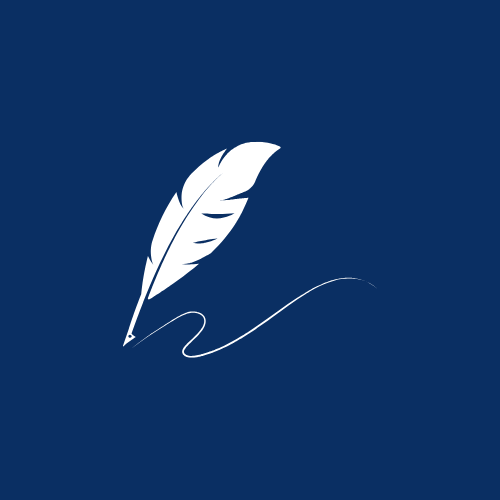
Admission to the courses offered by the CBS follow the rules set out by the university colleges and complying with the admission rules which are imposed on a yearly basis by the higher council of Egyptian universities. Each course necessitates a certain prerequisite which is very compelling in basic sciences and to be followed precisely.
